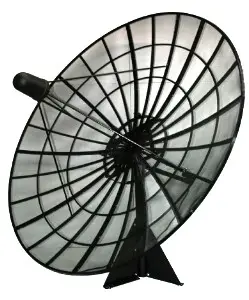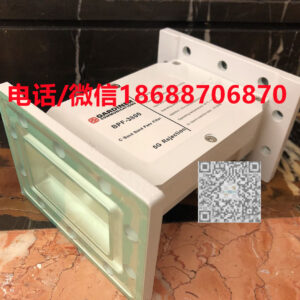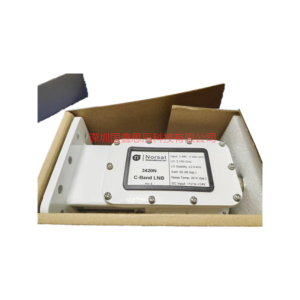3.0m ST-10 Antenna Ku C Band
CompareDescription
High-Performance 8-Section Mesh Parabolic Antenna Technical Documentation
1. Product Overview
This technical document details a high-performance 8-section mesh parabolic antenna, designed for 2-13GHz broadband communication and incorporating innovative rolled expanded C/Ku-band mesh reflector technology. With a diameter of 120 inches (3.0 meters), the anHUASHI High-Performance 8-Section Mesh Parabolic Antenna Technical Documentation
1. Product Overview
This technical document details a high-performance 8-section mesh parabolic antenna, designed for 2-13GHz broadband communication and incorporating innovative rolled expanded C/Ku-band mesh reflector technology
. With a diameter of 120 inches (3.0 meters), the antenna features high gain characteristics of 40.3dBi@4.2GHz and 47.8dBi@12.2GHz, making it suitable for professional applications such as satellite communication and long-distance link transmission.
The antenna employs an 8-section detachable design that ensures transport convenience (only 0.5CBM shipping size) while providing excellent mechanical stability. Its unique prime focus quad feed support structure and F/D ratio of 0.38 guarantee high-efficiency performance across different frequency bands
.
2. Core Technical Characteristics
2.1 Reflector System
The antenna’s reflector utilizes rolled expanded mesh material (Rolled Expanded C/Ku Mesh)
. This design maintains high surface accuracy while significantly reducing the overall antenna weight (net weight only 46kg). The mesh structure not only effectively reduces wind load but also ensures stability under severe weather conditions. The reflector consists of 8 independent segments, each precision-formed to ensure parabolic surface accuracy at wavelength level (typically better than λ/10) after assembly.
Modern mesh reflector antennas use specialized reflective materials. For instance, some implementations employ silver-coated Teflon mesh to maximize gain while reducing antenna weight
. The mesh reflectors are typically expanded by tension to maintain their parabolic structure, though slight shape deformation compared to an ideal parabolic shape cannot be completely avoided.
2.2 Electrical Performance Indicators
This antenna demonstrates outstanding performance across the ultra-wide 2-13GHz frequency band. Its gain curve follows the basic theory of parabolic antennas:
tenna features high gain characteristics of 40.3dBi@4.2GHz and 47.8dBi@12.2GHz, making it suitable for professional applications such as satellite communication and long-distance link transmission.
The antenna employs an 8-section detachable design that ensures transport convenience (only 0.5CBM shipping size) while providing excellent mechanical stability. Its unique prime focus quad feed support structure and F/D ratio of 0.38 guarantee high-efficiency performance across different frequency bands.
2. Core Technical Characteristics
2.1 Reflector System
The antenna’s reflector utilizes rolled expanded mesh material (Rolled Expanded C/Ku Mesh). This design maintains high surface accuracy while significantly reducing the overall antenna weight (net weight only 46kg). The mesh structure not only effectively reduces wind load but also ensures stability under severe weather conditions. The reflector consists of 8 independent segments, each precision-formed to ensure parabolic surface accuracy at wavelength level (typically better than λ/10) after assembly.
Modern mesh reflector antennas use specialized reflective materials. For instance, some implementations employ silver-coated Teflon mesh to maximize gain while reducing antenna weight. The mesh reflectors are typically expanded by tension to maintain their parabolic structure, though slight shape deformation compared to an ideal parabolic shape cannot be completely avoided.
2.2 Electrical Performance Indicators
This antenna demonstrates outstanding performance across the ultra-wide 2-13GHz frequency band. Its gain curve follows the basic theory of parabolic antennas:






Reviews
There are no reviews yet.